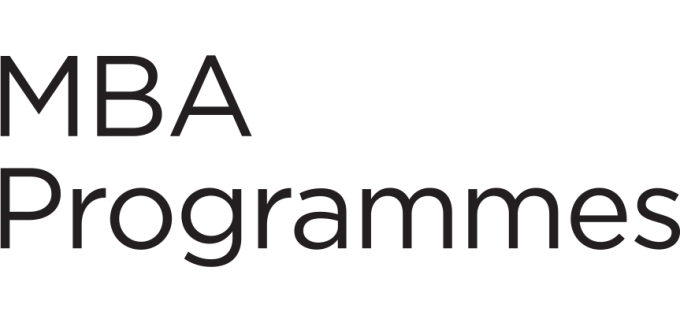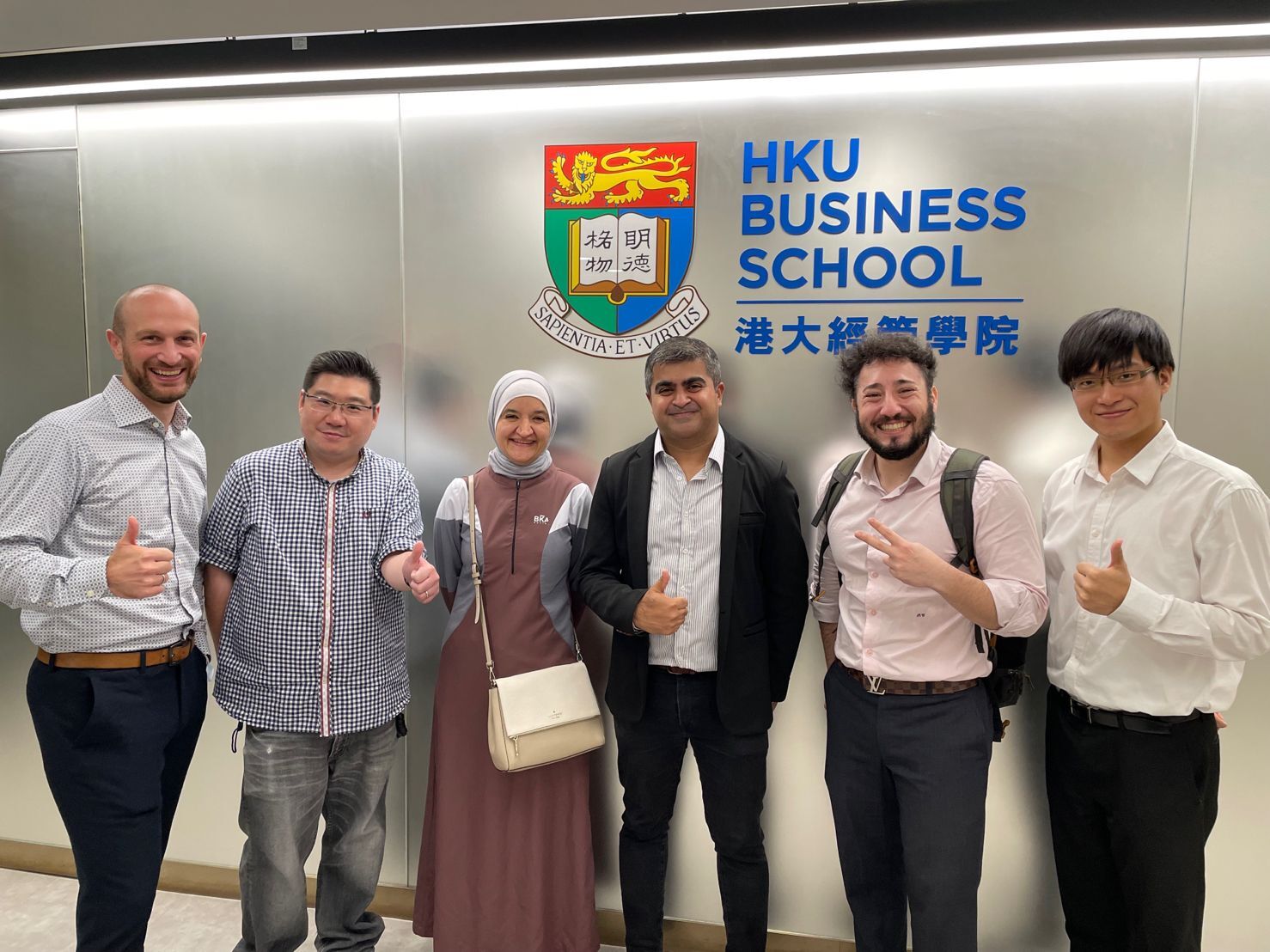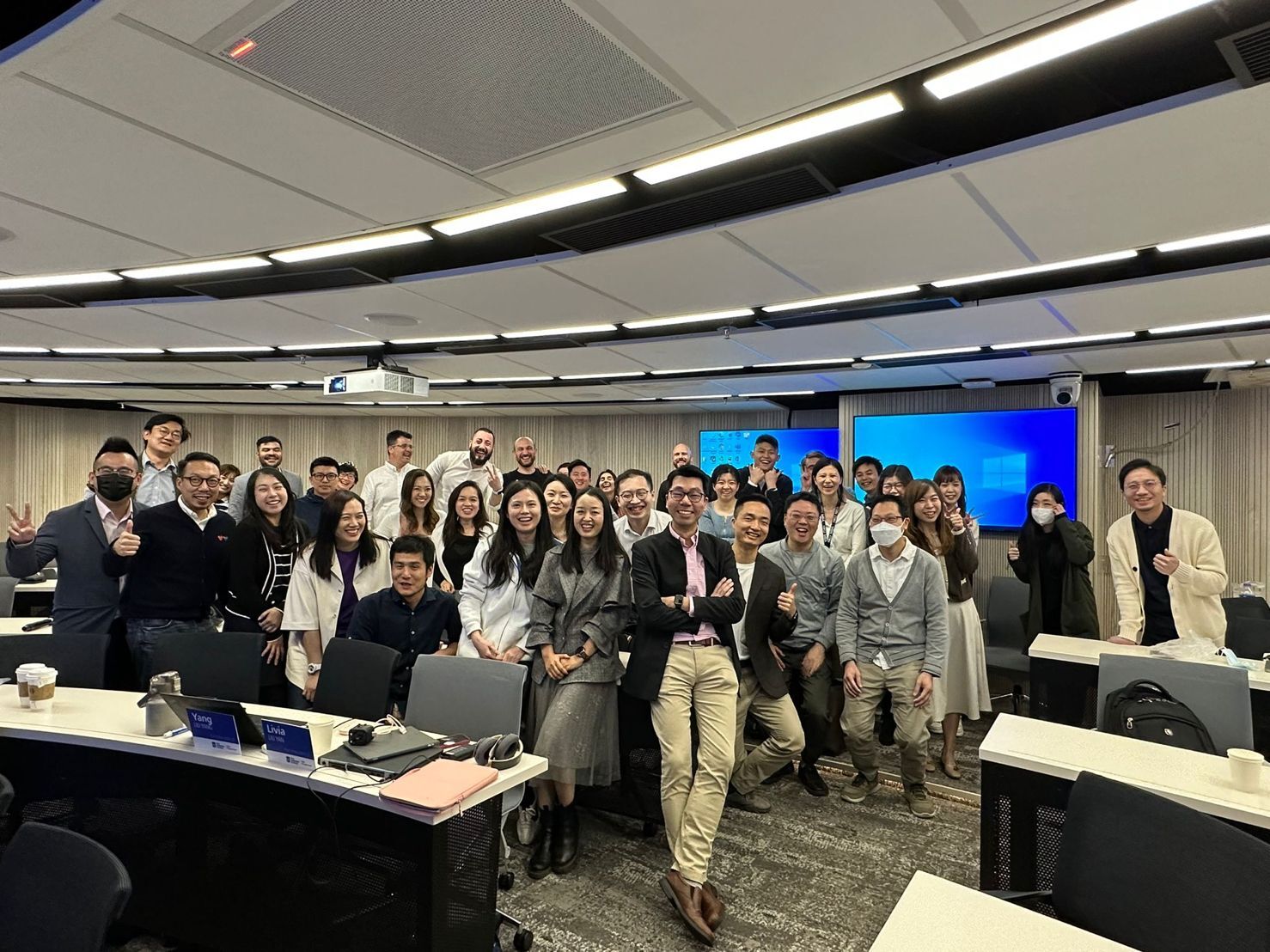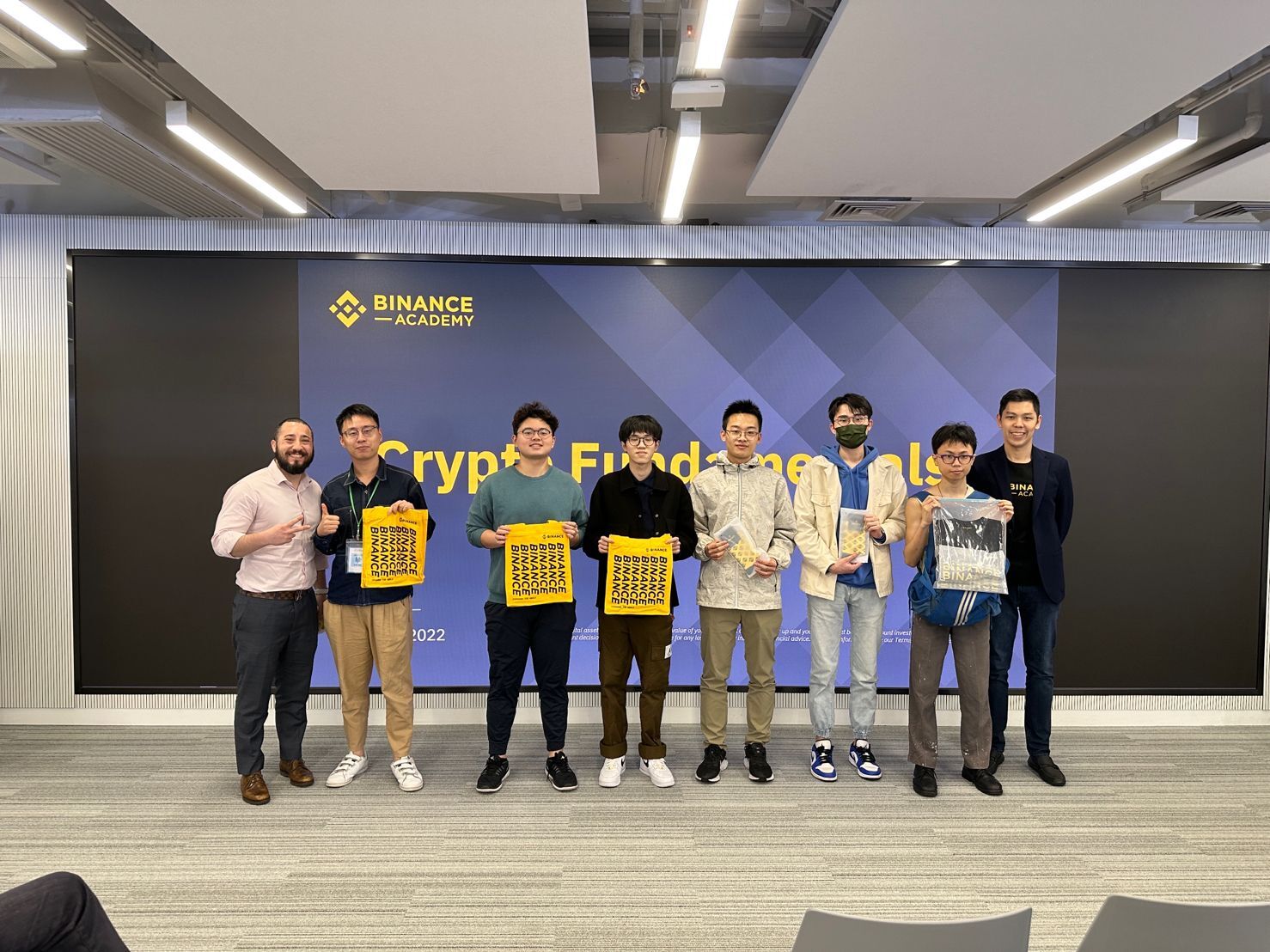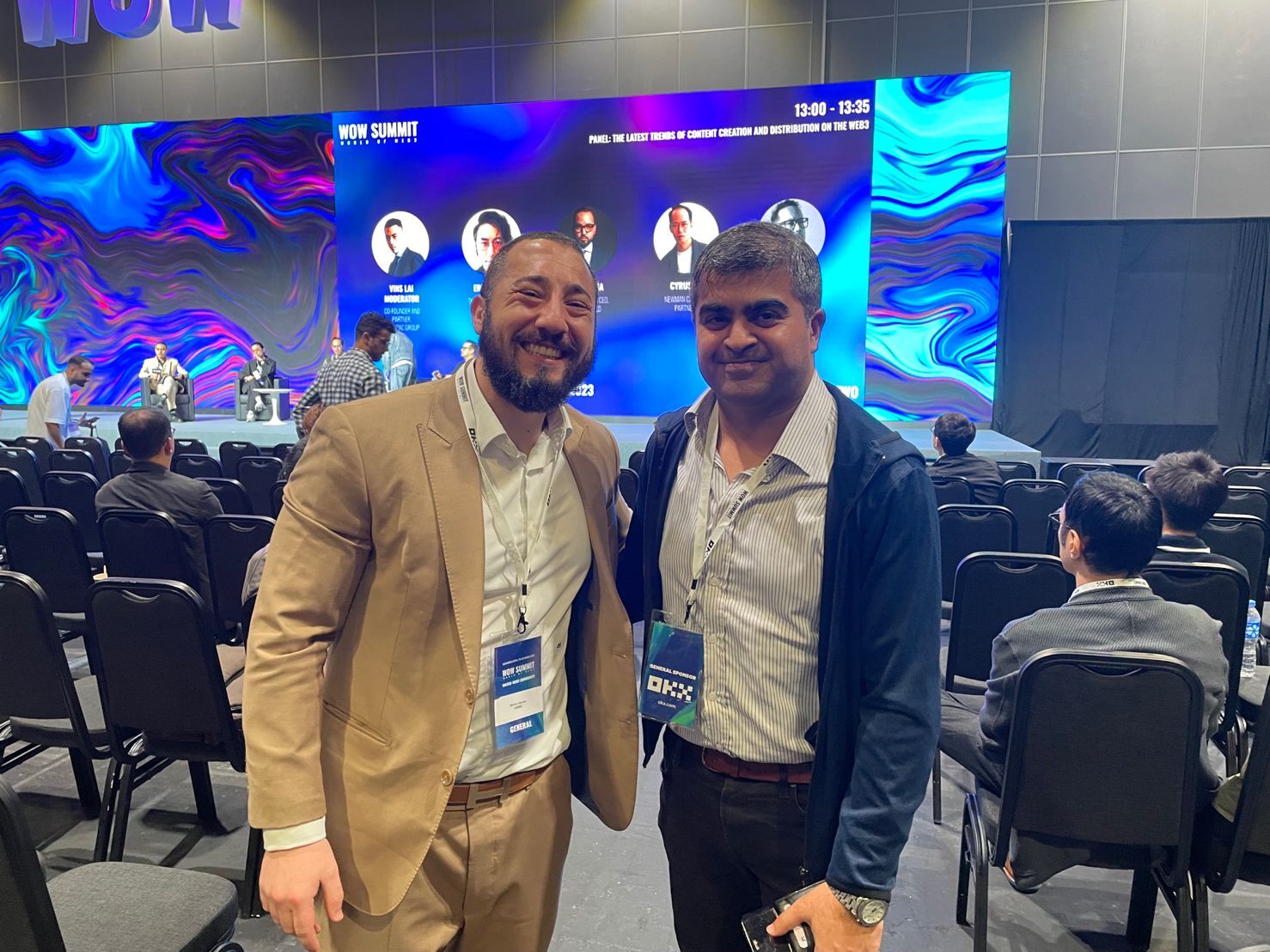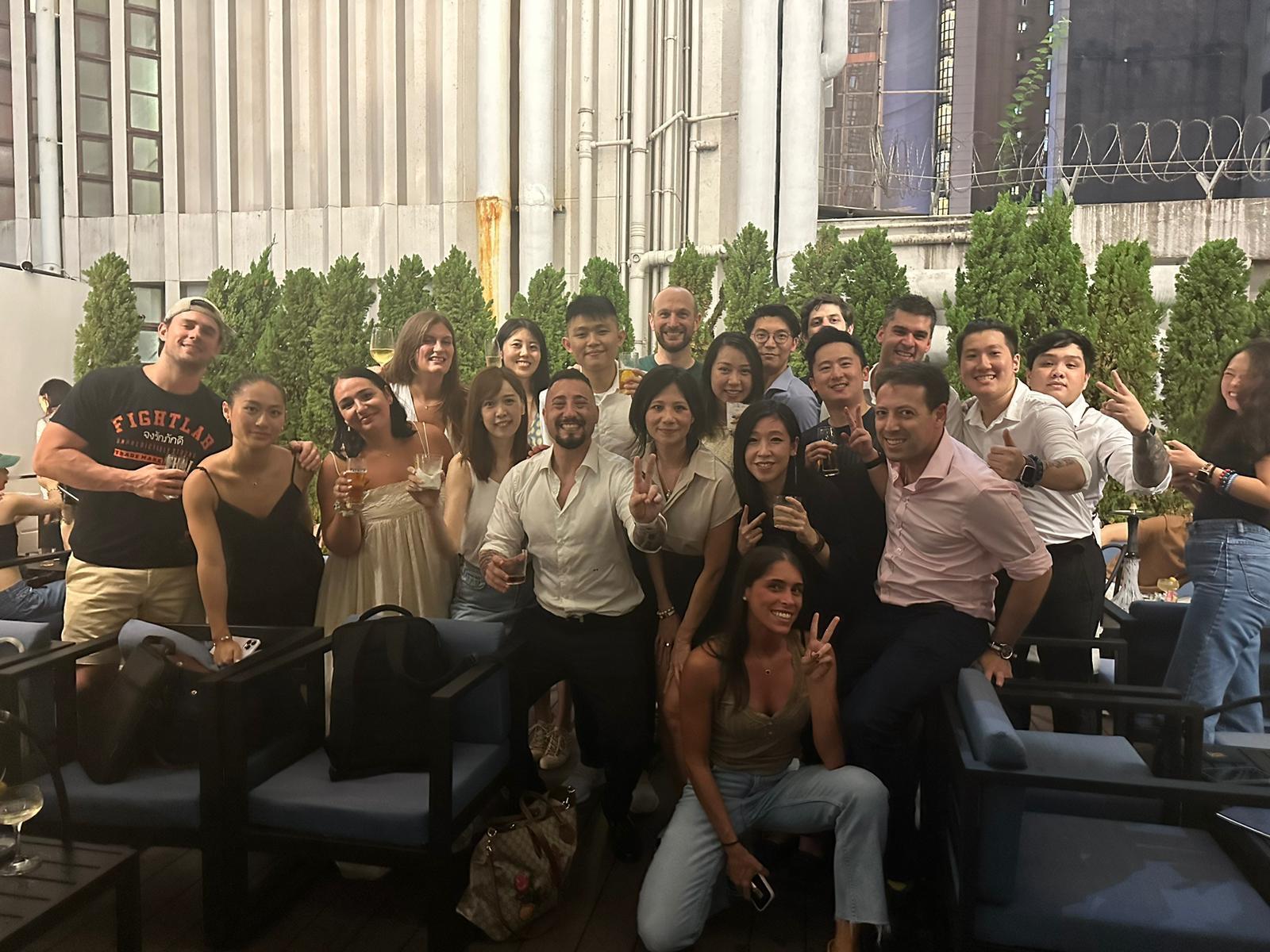Knowledge Exchange
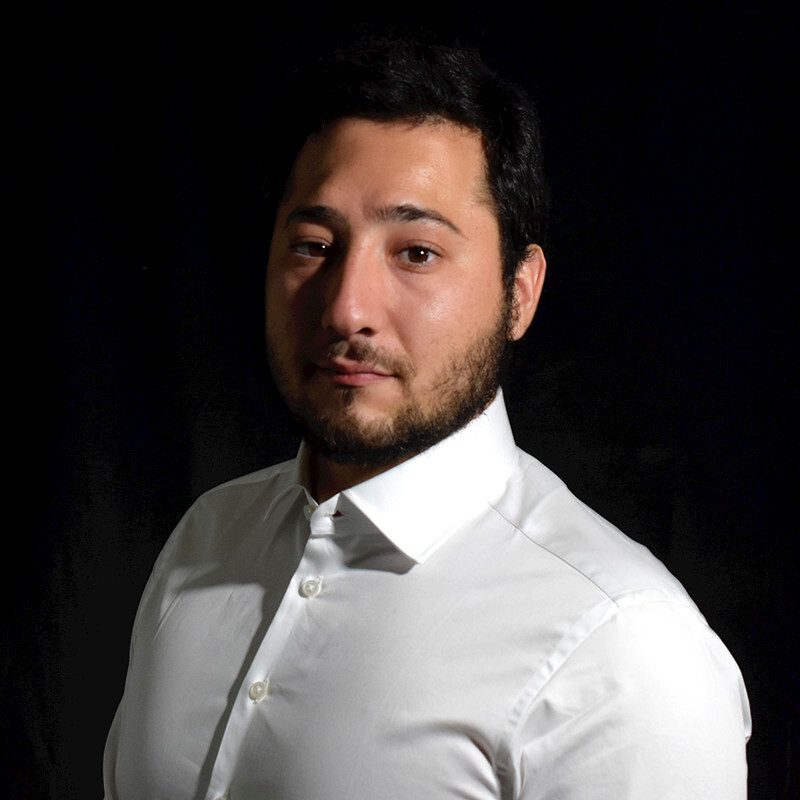
Digital Transformation and Blockchain Innovation in Hong Kong's Banking Sector
Today, we will delve into the exciting realm of blockchain innovations and their impact on driving digitization in Hong Kong’s vibrant banking sector. In this interview, we have the privilege of speaking with Marco Caruso, an esteemed alumnus of our programme, whose extensive expertise in the banking and finance domains positions him to discuss the remarkable advancements shaping the industry.
Alongside his achievements in the industry, Marco has ventured into the culinary world, opening his own restaurant. Join us as we explore his experiences in entrepreneurship and discover how he successfully combines his people skills with his passion for culinary industry.
- Can you tell us about your professional background?
I have been working in the banking industry since 2016, starting in Paris at HSBC funds, primarily focusing on equity derivatives. In 2018, I saw an opportunity to move to Hong Kong, which represents a significant portion of HSBC’s global revenue. Being in Hong Kong, the center of business, has been a valuable experience for me. Over the past five years, I have worked with various assets, including fixed income, options, commodities, and emerging markets like Vietnam, India, Philippines, and Thailand. Currently, I hold the position of Vice President for the Asia Pacific region in global payment solutions. - How is Hong Kong driving digitization and blockchain innovation in the banking sector, and what are some notable advancements in these areas within the region?
Hong Kong, especially in terms of digitization and the opening of EHKD, is thriving. The Hong Kong Monetary Authority is becoming more crypto-friendly, and HSBC, with its branches in the U.S., is closely observing Hong Kong’s progress in technology and digitalization. Compared to the U.S., Hong Kong offers better documentation, procedures, and processes, making it a more favorable environment for digital innovation. HSBC and Hong Kong are at the forefront of digital transformation. HSBC Labs has developed its own blockchain and web 3 technologies and collaborated with Animoca Brands to establish HSBC branches in the metaverse. They are also set to launch the first tokenized bond, aiming to tokenize real assets and provide customers with secure, blockchain-based contracts. - How do you think the digitalization is transforming the customer experience and service offerings?Improving customer experience is a key focus, and Hong Kong looks to China as an example. Chinese clients often mention the utility and ease of platforms like WeChat, which allow them to perform various tasks using just their smartphones. Hong Kong is working towards providing a similarly seamless experience, enabling customers to manage their banking needs easily and enhancing their overall experience.
- How do you perceive the trends and future prospects of digitalization in the banking and finance sectors in Hong Kong?
Looking ahead, digitalization is transforming the banking and finance industry in Hong Kong. Banks are actively developing their own blockchain applications. J.P. Morgan, for instance, created the Onyx platform, which enables companies to purchase carbon credits in the form of tokens. Other banks are also investing in developing their own blockchain technology to provide customers with a smooth experience and on-site services. Smart contracts are another area of development, allowing contracts to automatically execute based on predefined conditions. - How do you perceive the career prospects for MBA students in Finance?
When considering the prospects for MBA students in finance, it largely depends on the specific role they aspire to within the finance industry, which offers a wide range of opportunities. In terms of MBA classes, certain subjects like big data analysis and artificial intelligence can be particularly intriguing and beneficial for aspiring traders. These topics can provide insights into automating processes and utilizing tools like Python, enhancing their abilities in the trading field. On the other hand, for roles in sales, it is more important to focus on interpersonal skills and the art of connecting with people. Learning how to construct a compelling story becomes crucial when selling products or services to clients, as competition in the market is often fierce.As someone involved in sales, such as selling credit cards, it is crucial to understand that many companies, including banks, offer similar products. The key lies in how effectively one can pitch the offering to potential clients. The MBA experience can be instrumental in developing skills to truly resonates with the audience, with the ability to convey the desired message and demonstrate the value and potential of what one can offer.It is worth noting that business is not merely conducted between companies but primarily between people. Therefore, participating in an MBA program should not be limited to interacting solely within one’s existing circle of friends. To truly benefit from the experience, it is essential to embrace diverse perspectives and engage with individuals from various backgrounds. This exposure allows for a broader understanding of different viewpoints and facilitates the development of meaningful relationships. Ultimately, expanding one’s worldview through the MBA program can greatly influence professional interactions and contribute to success in the workplace. - Lastly, we would love to hear about the bar you recently opened. Could you share more about your entrepreneurial motivation?
Certainly, I recently opened a bar called The Sanctum. Despite the current challenges faced by the food and beverage industry in Hong Kong, we believe it will bounce back as tourism returns. Differentiating ourselves in such a competitive industry requires focusing on customer experience. During my MBA at HKU, I learned valuable insights on being customer-centric, creating a need, and providing the best possible experience to attract and retain customers. Having worked in the food and beverage industry before, I have always enjoyed being around people and building connections. My partner and I decided to disrupt the market by offering a hotel experience at a lower price point, making customers feel special and providing exceptional service. With my strong communication skills and my partner’s business acumen, the idea for our venture came naturally to us.


